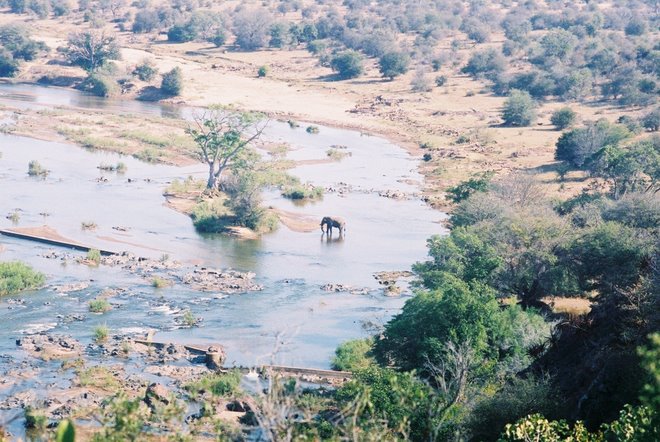*Centro Oceanográfico de Gijón, Instituto Español de Oceanografía, Avenida Príncipe de Asturias, 70 bis, E-33212 Gijón, Spain; Plymouth Marine Laboratory, Prospect Place, Plymouth PL1 3DH, United Kingdom; and
AZTI, Arrantza eta Elikaigintzarako Institutu Teknologikoa, Herrera Kaia Portualdea, 20110 Pasaia, Spain
Edited by James H. Brown, University of New Mexico, Albuquerque, NM, and approved April 6, 2006 (received for review February 10, 2006)
Oceanic communities are sources or sinks of CO2, depending on the balance between primary production and community respiration. The prediction of how global climate change will modify this metabolic balance of the oceans is limited by the lack of a comprehensive underlying theory. Here, we show that the balance between production and respiration is profoundly affected by environmental temperature. We extend the general metabolic theory of ecology to the production and respiration of oceanic communities and show that ecosystem rates can be reliably scaled from theoretical knowledge of organism physiology and measurement of population abundance. Our theory predicts that the differential temperature-dependence of respiration and photosynthesis at the organism level determines the response of the metabolic balance of the epipelagic ocean to changes in ambient temperature, a prediction that we support with empirical data over the global ocean. Furthermore, our model predicts that there will be a negative feedback of ocean communities to climate warming because they will capture less CO2 with a future increase in ocean temperature. This feedback of marine biota will further aggravate the anthropogenic effects on global warming.
global change | metabolic theory | oceanic carbon cycle











Nessun commento:
Posta un commento